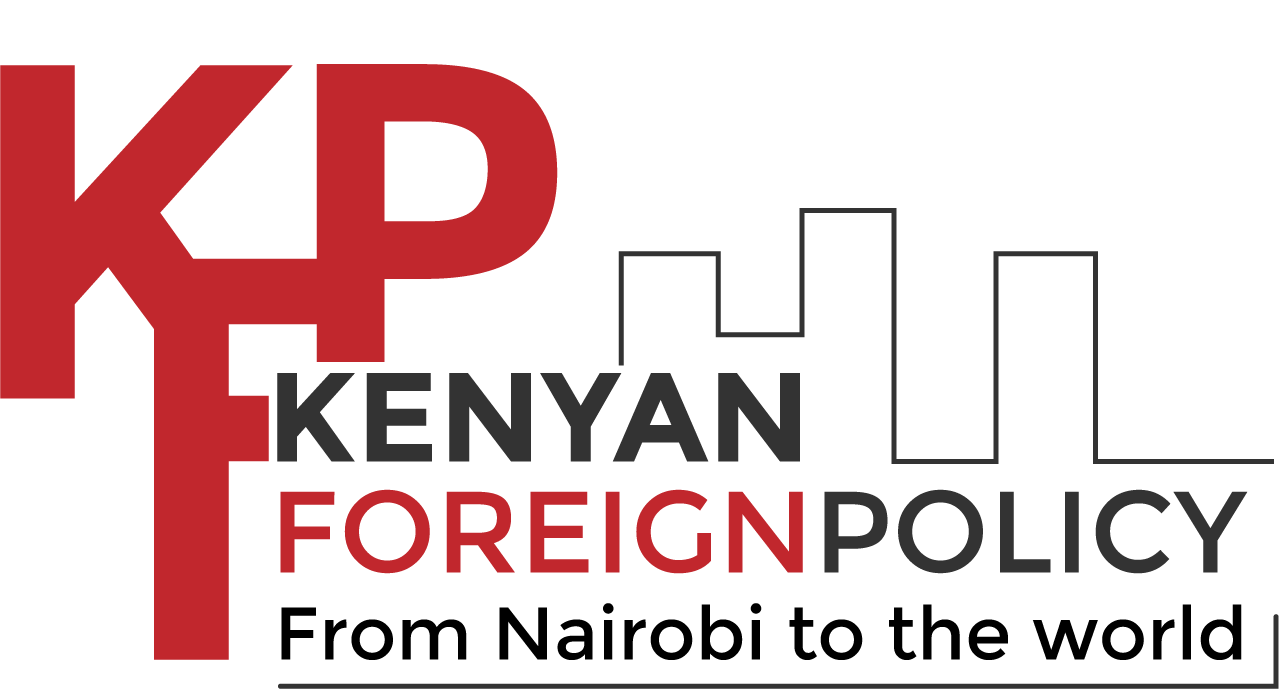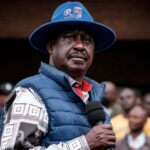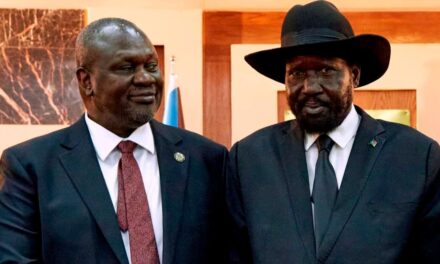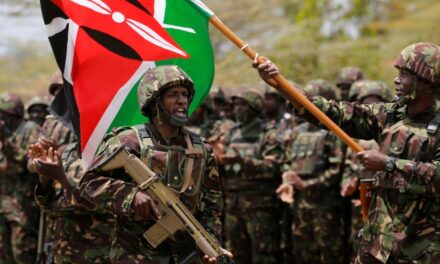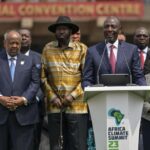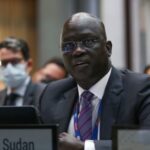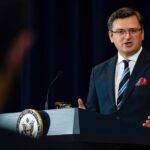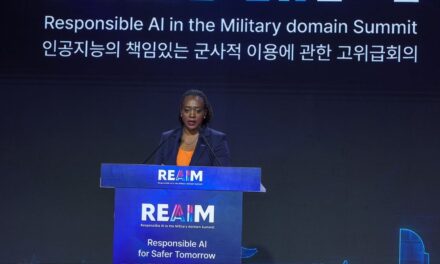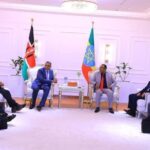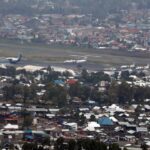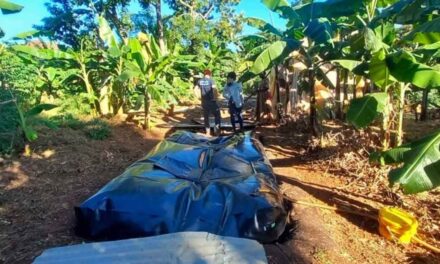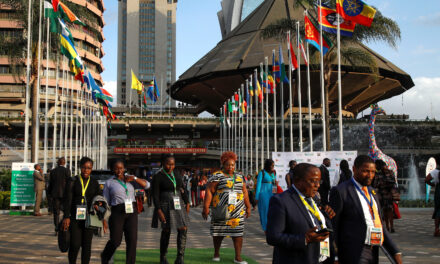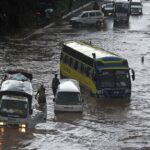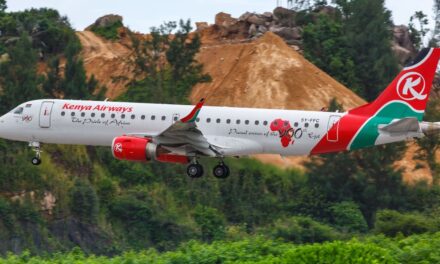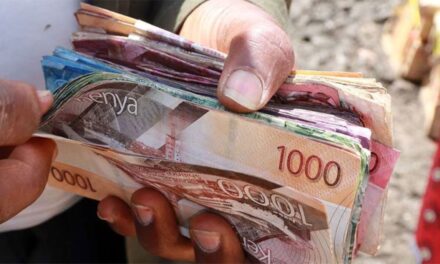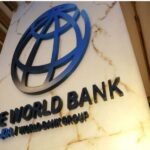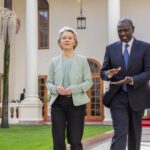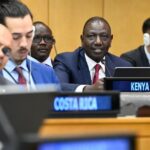

Algeria vs. Morocco: Fertilisers Become Africa’s New Battleground
By Mwangi Maina
| May 16, 2024

African farmers add fertiliser to the soil. Photo: Handout
Fertilisers have become the new battleground in Africa between Morocco and Algeria, both vying to become major players in the African and global markets.
On Tuesday, May 7, an African summit on fertilizers and soil health was held in Nairobi, Kenya, providing a stage for both nations to showcase their ambitions and expertise.
During the summit, President Abdelmadjid Tebboune reiterated Algeria’s ambitions in the strategic phosphate sector, highlighting the country’s determination to make a significant impact.
In a speech delivered on his behalf by Minister of Agriculture Youcef Cherfa, Tebboune emphasized Algeria’s “pioneering role” in the fertilizer industry.
“In addition to its ability to meet the needs of the local market, Algeria occupies a prominent place as a supplier country to the global market in Africa, Europe, Asia, and South America,” he underlined.
Cherfa also announced Algeria’s aim to double its fertilizer production by 2033.
To set the tone, Algeria had generously donated 16,000 tonnes of fertilizer to Kenya last January, showcasing its commitment to strengthening ties and supporting agricultural development on the continent.
This gesture, however, also carried geopolitical implications, especially for Morocco, which asserts sovereignty over Western Sahara—a region under the Polisario Front, which is backed by Algeria.
Kenya, which recognizes Western Sahara, attempted to sever ties with the African Union member state when President Ruto took office in September 2022.
In a now-deleted tweet, Ruto explicitly expressed his plan to “wind down” the presence of the SADR in Nairobi, contradicting Kenya’s traditional support for Western Sahara’s independence and its commitment to the AU’s policy of recognizing the SADR as a sovereign state.
Morocco, under the leadership of King Mohammed VI, has made agriculture an essential part of its cooperation with African countries.
During the summit, Morocco’s Minister of Foreign Affairs, African Cooperation, and Moroccan Expatriates, Nasser Bourita, stressed this point.
He noted that through the Sovereign’s visits to several African countries, “Morocco has made agriculture a key component of its cooperation with African countries, whether through cooperation programs or the Royal Instructions given to OCP to set up a special program for these countries.”
Kenya had already imported nearly 1.4 million bags of fertilizer from Morocco’s state-owned OCP Group in late 2022.
This move aimed to boost agricultural output and support local farmers who were grappling with fertilizer shortages and soaring prices.
OCP Africa, a subsidiary of the OCP Group, plays a crucial role in the African agricultural sector.
Established in Nairobi in May 2016, OCP Africa aims to enhance soil fertility and productivity through tailored fertilizer solutions.
The organization had a significant presence at the summit, signaling its pivotal role in the continent.
The Fertilizer Summit, jointly hosted by the Kenyan government and the African Union, became a geopolitical battleground for North African rivals Morocco and Algeria.
Both nations used the summit to present their potential and differing diplomatic approaches, vying for influence in Africa.
Historically, Kenya had strong relations with Algeria, evidenced by Kenya’s first embassy in the Maghreb region being established in Algeria.
For many years since independence, Kenya had not established a diplomatic mission in Morocco.
However, this changed with the advent of President Ruto, an ardent farmer, who broke from long-standing policy by appointing Kenya’s inaugural ambassador to Rabat, Morocco, Jessica Gakinya, who is awaiting swearing-in and posting.
Kenyan Foreign Policy understands that the rapprochement between Morocco and Kenya includes plans to construct a fertilizer factory in Kenya.
Your support empowers us to deliver quality global journalism. Whether big or small, every contribution is valuable to our mission and readers.
